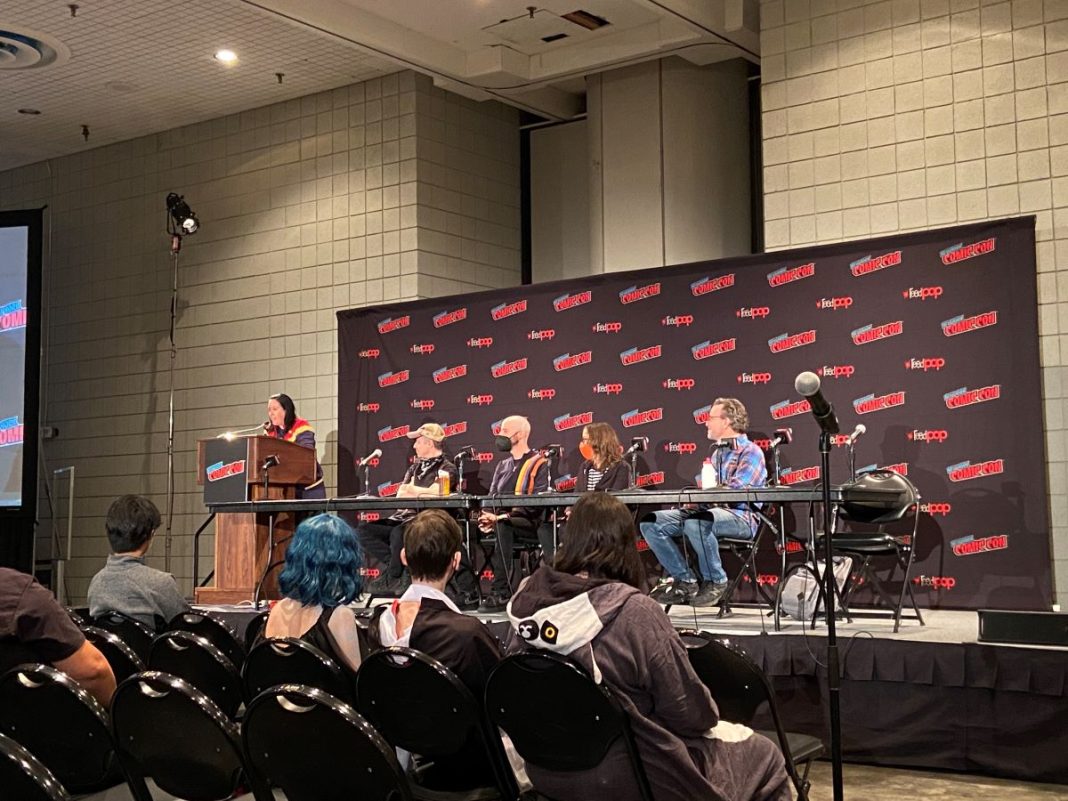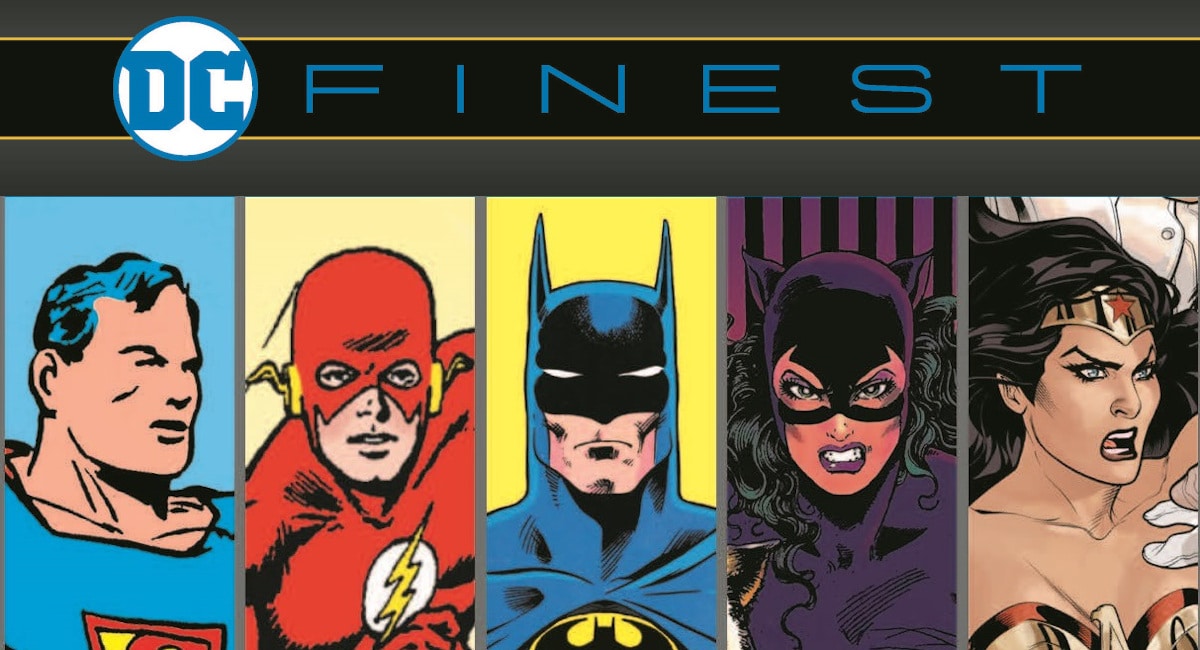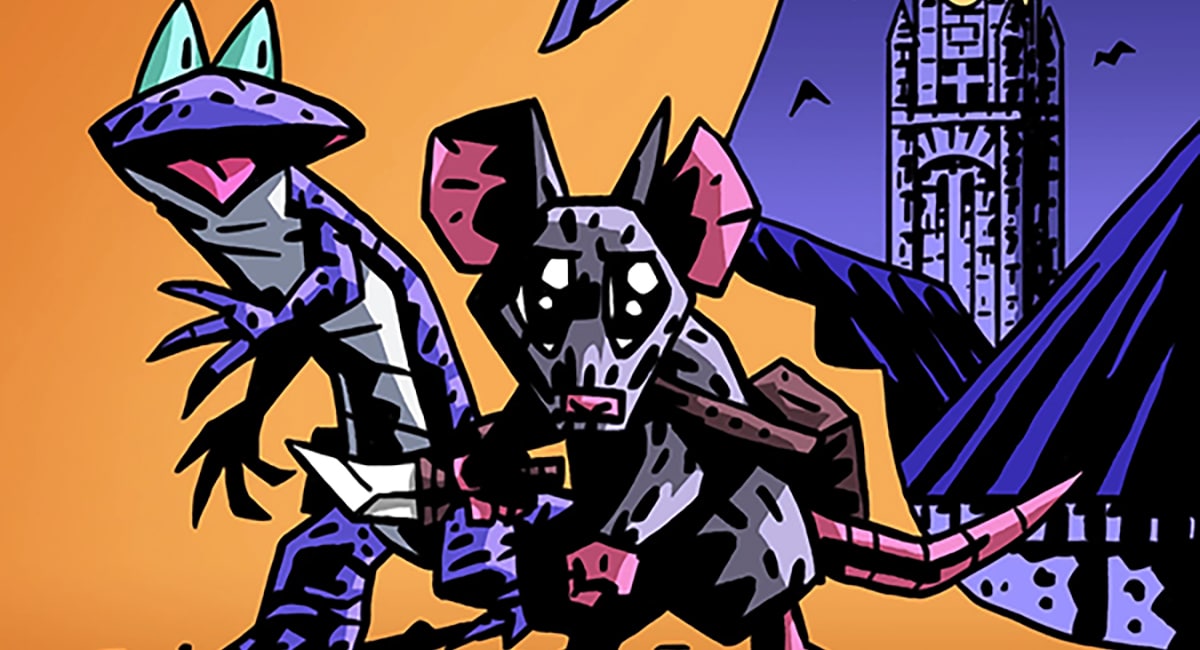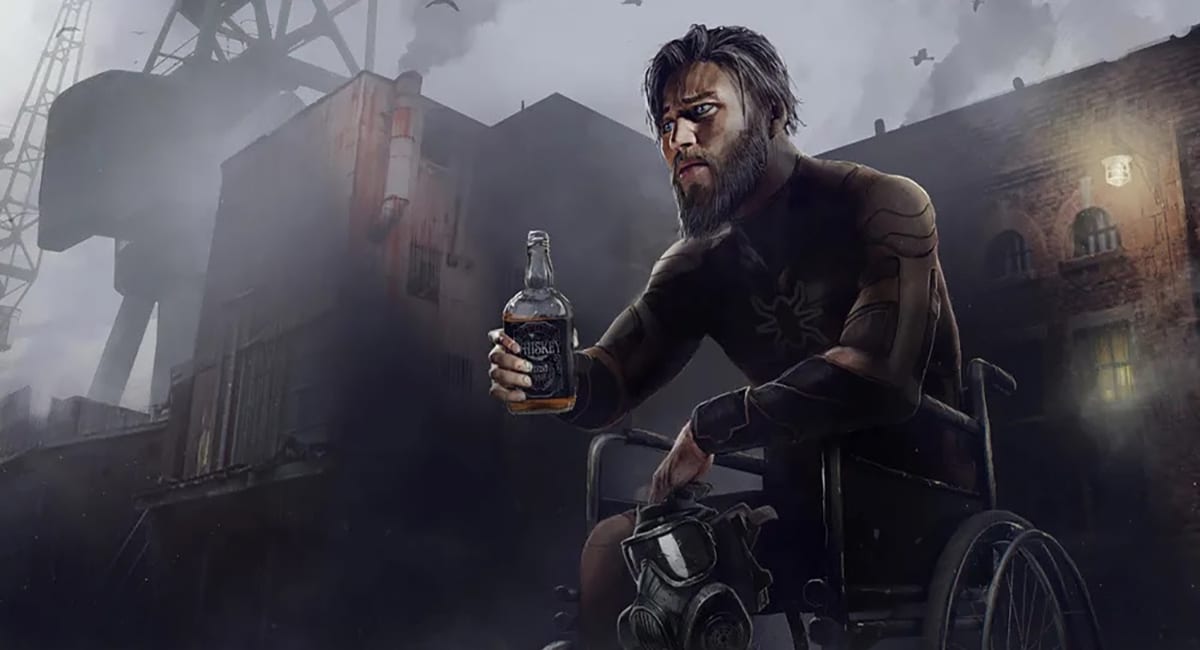Political cartoons, comics, and graphic novels are picking up steam, although it might be better to call many of them civics cartoons, comics, and graphic novels. The late Congressman John Lewis’s March graphic novel series is a good example, combining history and politics for a powerful lesson on civics. In fact, Congressman Lewis was invoked at the “Political Cartoons as Learning Tools” panel at NYCC ’21 on October 7th. Mark Siegel, one of the panelists and editorial director of First Second Books, a Macmillan imprint focusing on graphic novels, brought up Lewis, and the reaction to him at San Diego Comic Con several years ago, and how his March series helped blur the line between fandom and education.
Siegel also went into detail about World Citizen Comics, another Macmillan project he heads up, which started after our very turbulent 2016, “when things weren’t going the way we thought they would.” He talked about making cartoons and other things which were mostly just him lashing out, but seeing a group of older women at the NYC Women’s March turned him around. He began to think about how belief will change things. Thus, World Citizen Comics was launched, a “civics education on a bookshelf.”
Ian Rosenberg, a media lawyer who focuses on free speech and an author, noted that one of the reasons why political cartoons–really, political comics–are so important is because people don’t know things until they talk about them. Cartoonist Ally Shwed noted that political comics reach a wider audience than most books about civic issues do, especially young people. The panel moderator, Aurora Dominguez, a high school teacher and journalist, emphasized in her questions the importance of teaching civics to students of all ages, but especially younger issues.
The panelists all bemoaned the lack of civics education these days in most schools. Mike Cavallaro, a comic book writer and artist, pointed out that kids aren’t actively seeking out civics-related materials, but that they do love comic books. There were a lot more details about the individual books themselves, that are listed on the World Citizen Comics website, but they lacked a wider context if you haven’t actually read the books. All four of the panelists have worked on the various graphic novels and showed a lot of pride in their work, and each other’s, and that sort of camaraderie was nice to see.
It was a sparsely attended panel, unfortunately; the early time on the first day of the con probably contributed to that, as well as the misnomer of “political cartoons”; this was much more about graphic novels that are about civics education. There were, however, several educators in the audience, who shared a little bit of their stories and perspectives. One of them said they were doing their best to give a proper civics education to their students, that the public education system wasn’t a complete loss in that regard.
Check out World Citizen Comics if you have an interest in civics education through the comic book/graphic novel medium; these books sound like an informative delight.
Miss any of our other NYCC ’21 coverage? Click here to check it out!








